Choosing the Best Fertilizer for Fruit Trees
Growing fruit trees is rewarding, but it takes more than water and sunlight to produce healthy growth and delicious harvests. Fertilizer for fruit trees supplies the essential nutrients trees need for strong roots, steady growth, and plentiful fruit.
This guide explains the right time to fertilize fruit, how to select the best fertilizer for fruiting trees, and tips for applying fertilizer effectively without harming soil health.

Why Fertilizing Fruit Trees Matters
Fruit trees remove nutrients from the soil every year through growth and fruit production. Without replacing those nutrients, growth slows, leaves may yellow, and fruit becomes smaller or drops prematurely. Some trees also become more vulnerable to problems like fire blight.
Using the right fruit tree fertilizer helps prevent deficiencies, promotes good fruit set, and supports long-term tree health. Balanced feeding strengthens resistance to disease, improves fruit size, and ensures a steady harvest year after year.
When to Fertilize Fruit Trees
The best time to fertilize fruit trees is in early spring, just before buds begin to swell. At this stage, trees are waking up from dormancy and need nutrients to power new shoots, blossoms, and roots.
You can apply fertilizers again in early summer, but avoid fertilizing with nitrogen after July. Late feedings can produce tender new growth, which frost may damage.
For more seasonal guidance, check out this full article on when and how to fertilize fruit trees.

How to Decide If Your Tree Needs Fertilizer
Not every tree needs feeding each year. Instead of guessing, measure the previous year’s growth:
- Young apple trees and pears: 18–30 inches
- Mature apple trees and pears: 12–18 inches
- Young sweet cherries: 22–36 inches
- Mature cherries: about 8 inches
- Peaches and nectarines: 12–18 inches
If growth falls below these ranges, it’s time to fertilize. But if you pruned off more than 20% of the canopy the previous year, wait before adding extra nutrients.
Choosing the Best Fertilizer for Fruit Trees
The best fertilizer for fruit trees depends on soil health, tree age, and crop type. Before feeding, have your soil tested with a professional soil test or try a home soil test kit to check soil pH and nutrient levels.
Here are common fertilizer choices:
Organic Fertilizer Options
- Chicken manure or Sup’R Green chicken manure – slow-release nitrogen for steady growth.
- Soybean meal – a plant-based organic fertilizer rich in nitrogen.
- Compost – improves soil health and adds organic matter.
High-Nitrogen Sources for Growth
Micronutrient Boosters for Fruit Quality
- Azomite – supplies trace minerals for flavor and fruit set.
- Langbeinite – adds potassium and magnesium for sweetness and firmness.
For a wide range of options, see our fruit tree fertilizer collection.
How to Apply Fertilizers to Fruit Trees
- Measure tree age or trunk diameter to calculate how much to apply. A common rule: 0.10 pounds of nitrogen per year of age or inch of trunk, up to 1 pound maximum.
- Apply fertilizers evenly under the canopy, starting a foot away from the trunk and extending to the drip line.
- For nutrients that move slowly in soil, dig small holes 6 inches deep and 12–18 inches apart. A bulb auger makes this easier.
- Top with compost or other organic matter, then water well.
- Consider liquid feeding through drip systems. Learn how with our fertilizing fruit trees video.
Special Tips for Young Trees and Planting Holes
For young trees and new plantings, start with a good foundation. Mix compost and organic fertilizer into the planting hole when setting out bare root apple trees or other stone fruits. This helps roots establish quickly. For more background, see our article on debunking bare root fruit tree myths.
Conclusion
The right fruit tree fertilizer keeps your orchard thriving. Remember to have your soil tested, choose the best fertilizer for fruiting trees based on needs, and fertilize at the right time. Avoid late feedings, measure growth yearly, and always support soil health with compost and organic matter. With consistent care, your apple, pear, peach, and cherry trees will reward you with strong growth and bountiful harvests.
FAQs About Fertilizer for Fruit Trees
Which fertilizer is best for fruit trees?
What is the best time to fertilize fruit trees?
Which fertilizer is good for fruiting?
Is 20-20-20 fertilizer good for fruit trees?
How often should I fertilize my trees?
What is the best month to fertilize fruit trees?
Is Epsom salt good for fruit trees?
Is chicken manure good for fruit trees?
Which NPK is best for fruiting?
What are signs of over-fertilization?
Resource Area: Mixing & Dosing Liquid Feeds
Learn how to use the Siphonject to effectively mix and deliver nutrients through drip systems:
- Fertilizing Fruit Trees – Video showcasing injection of soluble fertilizer into irrigation systems.
- Dramm Siphonject – Demonstrates how to install and operate a siphon mixer for accurate fertilizer dosing.
- Down to Earth Vegan Mix – A plant-based organic fertilizer ideal for vegetables, herbs, and flowers.
- Down to Earth Tree & Shrub – Fertilizer formulated for woody plants, helping establish trees and perennial shrubs.







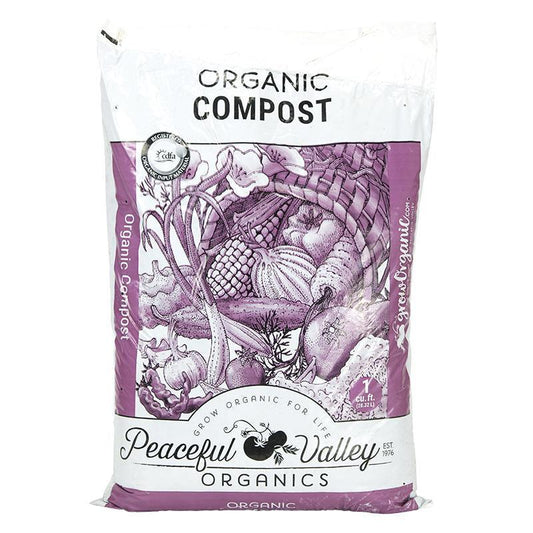
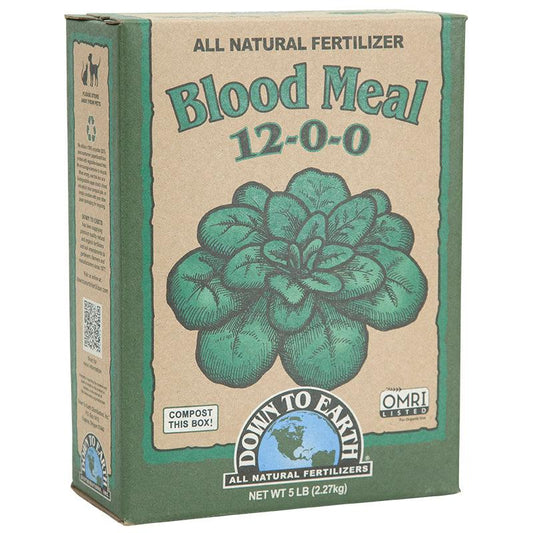
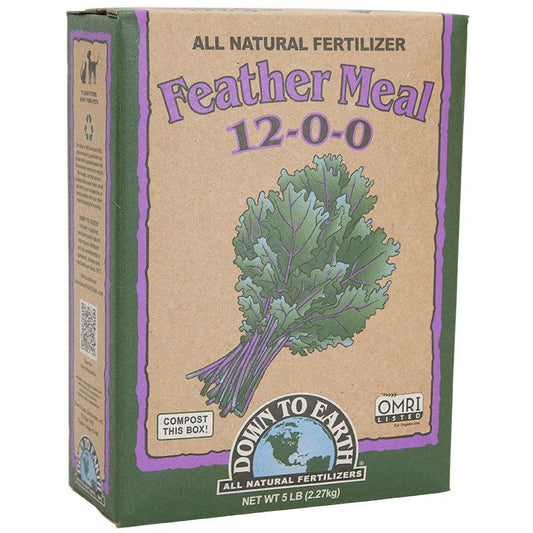

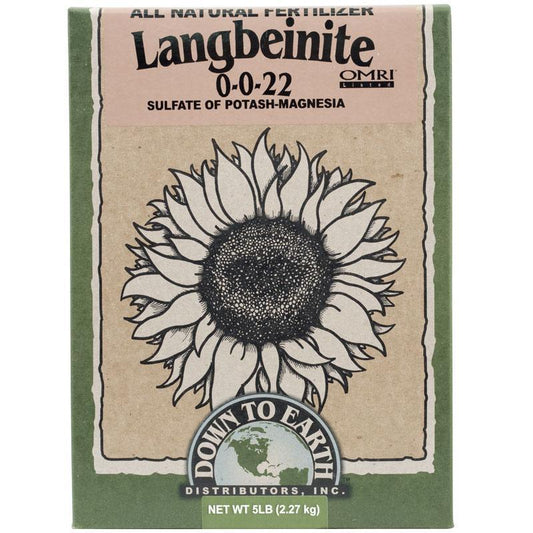
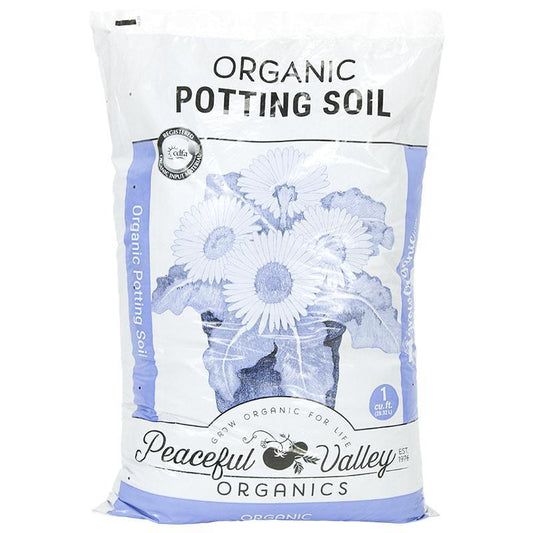
81 comments
Wondering why some trees don’t grow as fast in the same area as others. I have 30 peach trees. We planted bare root in Feb. 2020 and some have flourished while a few others have barely grown. We fertilized them all the same. I have lost one peach tree that may have been planted too deep. Any advice to help the others catch up next year? We may have two more months of growing here in TN. Contender Peach Grower
Your blog is best..
Thanks for this valuable information.
Thanks🙏🙏
Lucia, from everything I have researched it sounds like your tree is undergoing some sort of stress. Since it is probably not due to cold weather, it could be nutrient stress or stress from nematodes. Since we do not deal with guava trees in our area, you may want to consult a local nursery that sells guava trees, they will have more experience growing those trees.
We are late planting some fruit trees in our backyard. We live in north san diego county and our guava’s leaves are turning yellow w/purple veins and has light green as well. The tree is losing leaves and we amended the soil 50 % amendment 50% dirt from the backyard when we planted I’m concerned about fertilizing now (lateness in year) but also afraid if I don’t, the tree will die. We also were told to water every 5 days. What would you recommend?
Audra, trees/plants that are in pots should be fertilized often due to flushing out of nutrients. During the active growing season you should fertilize about once a month, especially when it is putting on fruit or new leaves.